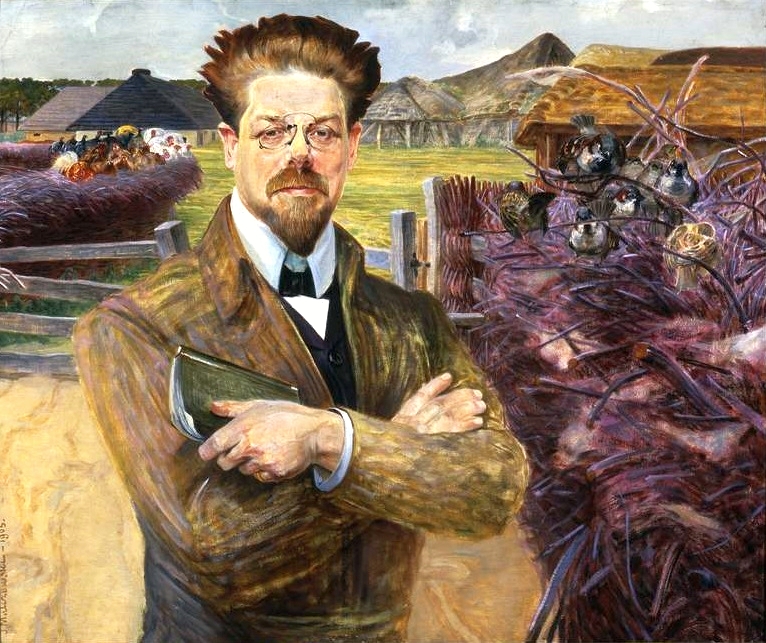The Polish candidate for an Oscar, the film ‘Peasants’, recently triumphed in cinemas. It is a production based on the novel of the same name, for which the Polish writer Władysław Reymont was awarded the Nobel Prize.
Reymont, a Polish writer, novelist, and prose writer, was born on 7 May 1867 in Kobiele Wielkie. He practised many different professions in his life and travelled extensively in Poland and Europe, but it was his work as an actor and clerk on the Warsaw-Vienna Railway that gave him the idea to create literary works. One of his places of work was the village of Lipce, in which, years later, the writer placed the action of “Peasants”.
Reymont wrote many significant works, such as “The Promised Land”, “The Comedian” and “Ferments”, but it was the ” Peasants” that became his magnum opus. Written between 1901 and 1908, the novel was divided into four volumes, titled according to the seasons. “Peasants” not only portrays life in the countryside, but also the social changes that were taking place in the rural area and the conflicts arising from these changes. A remarkable feature of this novel is its authenticity, resulting from the use of colloquial language and dialect elements.
On 13 November 1924, Władysław Stanisław Reymont received the prestigious Nobel Prize in Literature for his monumental novel ‘Peasants’. Unfortunately, by the time of the awarding of the Nobel Prize to him, he was already ill and unable to receive the accolade in person. A Polish diplomat in Sweden, Alfred Wysocki, accepted the award on his behalf. Reymont received the prize in person on 10 December.
Such a great honour for a Polish writer was also an important event for Poland, which sought to assert its independence and sovereignty internationally, after regaining its independence in 1918.
Above all, however, the Nobel Prize was a great recognition of Reymont’s writing skills – especially in the face of competition from such outstanding authors as Thomas Mann and Stefan Żeromski.
The writer died on 5 December 1925, leaving behind not only outstanding works, but also having a lasting impact on Polish and world literature.





